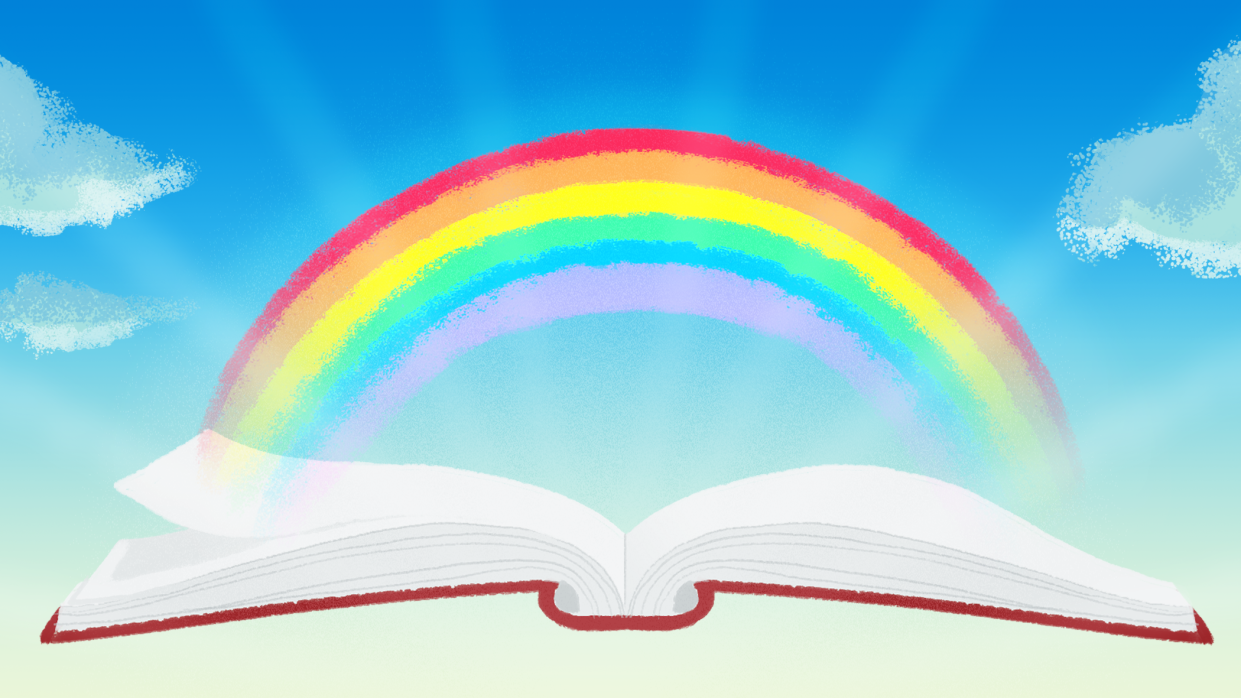
Communities around the world have ushered in the New Year, tying up the loose ends of 12 months filled with both great losses and great growth. One, perhaps unsuspecting, 2022 event to reflect on? English dictionary updates. Yes, you read that right.
The Oxford English Dictionary added a total of 18 new LGBTQ-related words in 2022 — an effort to acknowledge the diverse communities of LGBTQ people around the world, their shared and conflicting histories, and the new ways individuals speak to, write about, and organize around their identities.
SEE ALSO: From Doge to Drake, here are 10 internet moments turning 10 in 2023
In its March 2022 update, the Oxford English Dictionary introduced select entries addressing "contemporary themes" and relevant "big issue" topics. These words included common vernacular in climate change discourse, such as "decarbonize," and popularized concepts among social justice advocates (and their detractors) like "critical race theory." The dictionary also added several new LGBTQ-related terms, including "gender-affirming" and "demisexual."
The rest of the year followed suit, with the addition of words like "enby" (a semi-portmanteau of "non-binary") and a shared definition for new words "gender expression" and "gender presentation". The site even added more cultural slang terms, like the LGBTQ definitions of "top" and "bottom." Surprisingly, the acronym "LGBTQ" itself was among a new group of words introduced in September 2022. Better late than never?
In addition, the reference site introduced specific English terms relevant to indigenous perception of gender and sexuality. "Brotherboy” and “Sistergirl” are two new entries referring to gender presentation and identity in Australian Aboriginal communities, while "Muxe" is a gender identity phrase used by Zapotec communities in southern Mexico.
Several of the words also encapsulate the global pushback to LGBTQ existence, an unfortunate marker of 2022. The dictionary now includes additional definitions of "gender-critical" and "TERF", as well as as “anti-gay” and “anti-homosexual."
On top of a wave of updates by online reference site Dictionary.com, among others, the year seemed to receive a hearty academic acknowledgment of ongoing social activism, especially the ways in which marginalized communities influence the rest of the world's vocabulary. Let's see the trend continue in 2023, with greater nuance, and maybe a bit more haste. Just a thought.
No comments:
Post a Comment